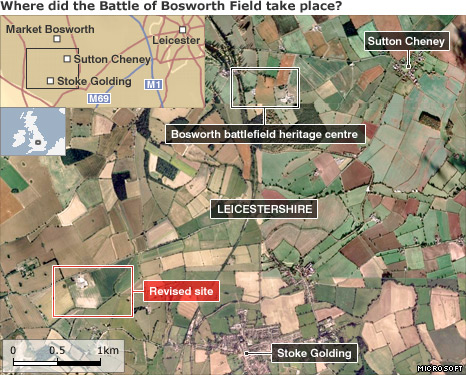There’s a reason that individuals and organizations try to sue for libel under English law, rather than their own national legal system:
The Guardian published a long excerpt from Nick Cohen’s forthcoming You Can’t Read This Book: Censorship in an Age of Freedom, a fantastic-looking book that reveals the dirty truth of English libel law, where “money buys silence” for some of the world’s most notorious dictators, thieves, and bad guys. English libel law is so broad that it allows, for example, Russian oligarchs to sue Russian newspapers for punitive sums (“the cost of libel actions in England and Wales is 140 times higher than the European average”) in an English court, merely by demonstrating that someone, somewhere in England looked at the paper’s website. And yet, the libel law in England and Wales doesn’t actually protect people from the most common forms of libelous publication: false declarations of criminal suspicion by the police, false claims of financial irregularities from credit reporting bureaux and false statements in former employers’ reference letters are protected unless they can be shown to have been malicious and negligent.




